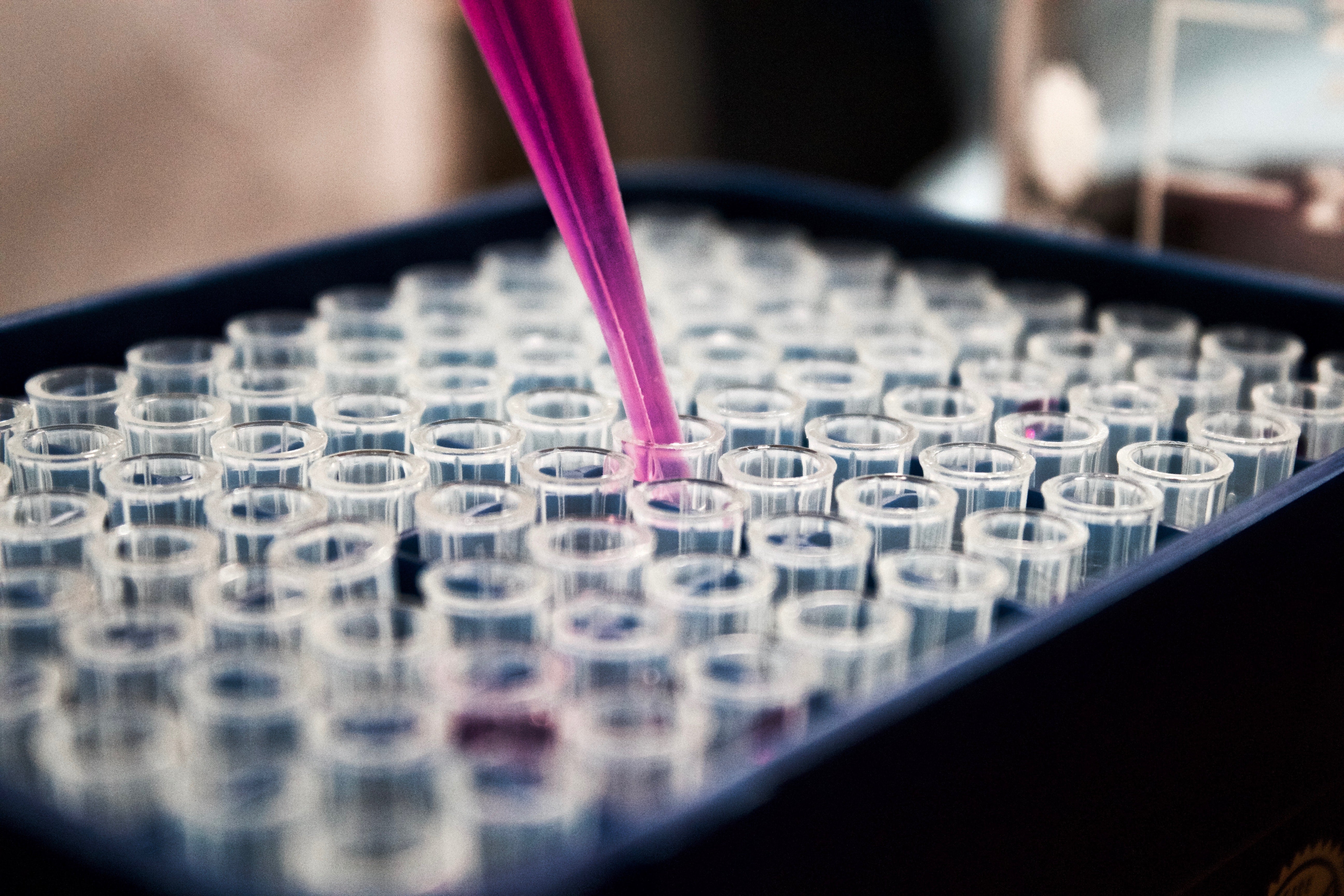
PEth Alcohol Testing
What is a PEth Test
PEth stands for phosphatidylethanol.
PEth is known as a “direct biomarker” which means that it is only formed when you have consumed alcohol. It's not a byproduct or a response to alcohol; it's a direct result of alcohol intake.
This direct relationship makes Peth testing highly specific and reliable. It gives a clear indication of alcohol consumption over the past weeks, unlike tests that might show recent intake or long-term damage.
Understanding direct biomarkers like Peth helps in precise alcohol monitoring. It's vital for clinicians, legal cases, and individuals needing to track their alcohol use accurately.
It also stays in the blood stream, attaching to the red blood cell membrane. When PEth is detected you can be confident that this is as a result of alcohol having been consumed.
PEth testingis a highly reliable blood test allowing the detection of chronic excessive alcohol abuse over the previous 3-4 weeks. With a sensitivity and accuracy rate of over 99% it is being widely adopted as a replacement to CDT, LFT & MCV testing which offers up to a 77% sensitivity rate.
The traditional blood testing (CDT, LFT & MCV) are known as indirect & toxic effect biomarkers. There are many factors such as hepatitis, liver disease and health issues that can result in an individual having either a false positive or false negative result even when these markers are combined.
The reason is that the testing is looking at the cells and organs to determine if they are operating in a healthy way or have been damaged. Alcohol is one of the main causes for damage to occur but someone with a cold or on certain prescription medication can also end up with a positive (out of healthy range) reading.
Period of Detection
The accepted detection period for PEth testing is up to three weeks however the (greater the exposure) larger the binge session(s) the longer the period of detection. Furthermore multiple binge sessions will also increase the period of detection.
In order to generate enough detectable PEth the individual must drink in a way that raises their blood alcohol concentration (BAC) level. This is the same situation as with drink driving. Consuming small sips of alcohol does not raise the BAC levels.
Incidental Exposure
Research has indicated that a PEth test can differentiate between incidental exposure (such as hand sanitizer) and the intentional consumption of alcohol. Furthermore the level of alcohol required to be consumed to produce a positive reading is far higher than any level possible through incidental exposure.
Collection list

Patient Reception
76 Wimpole Street, London.
W1G 9RT.
Monday-Friday: 7AM - 7PM
Saturday: 7AM - 1PM
Sunday: Closed
- Choosing a selection results in a full page refresh.





